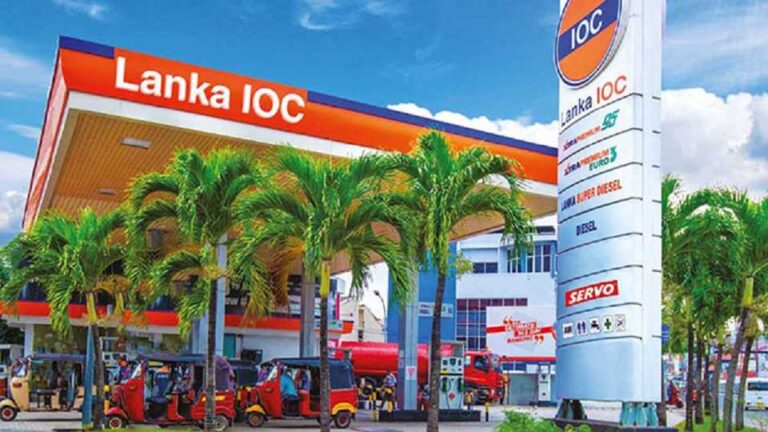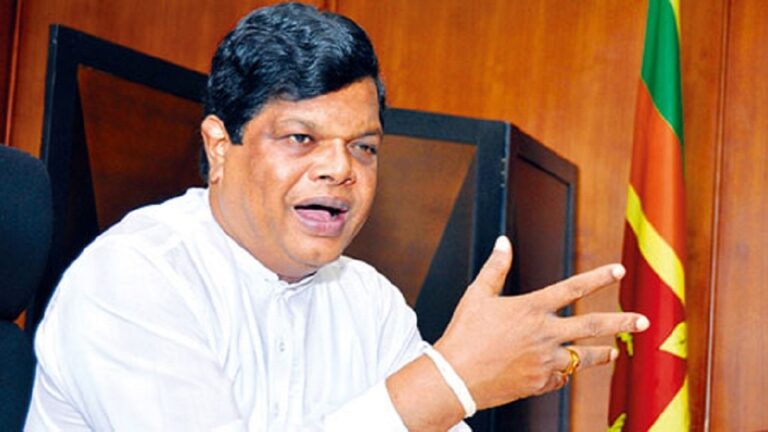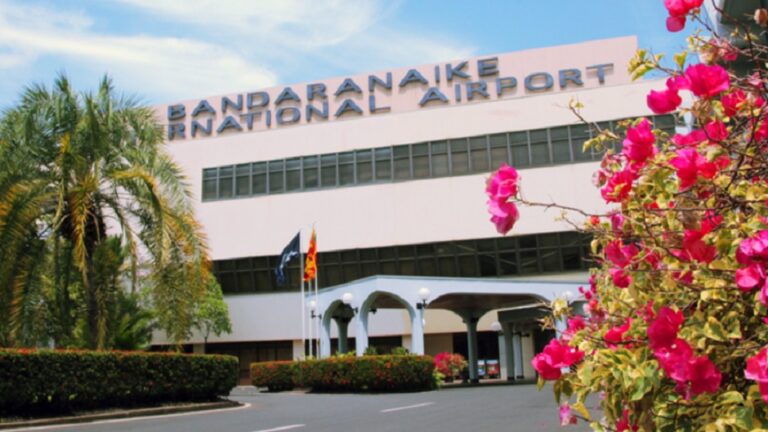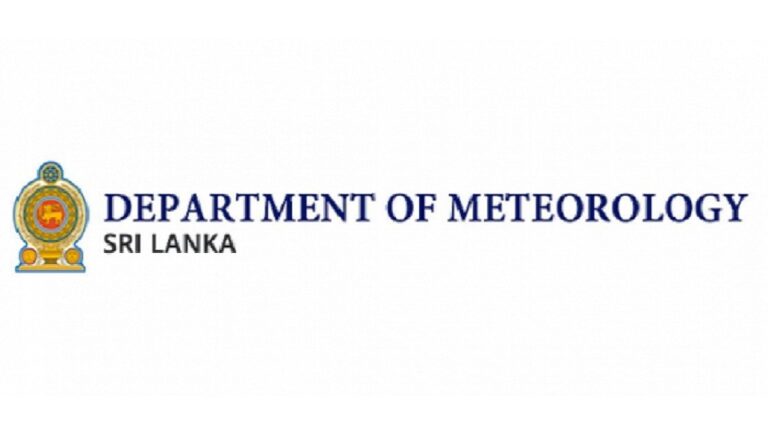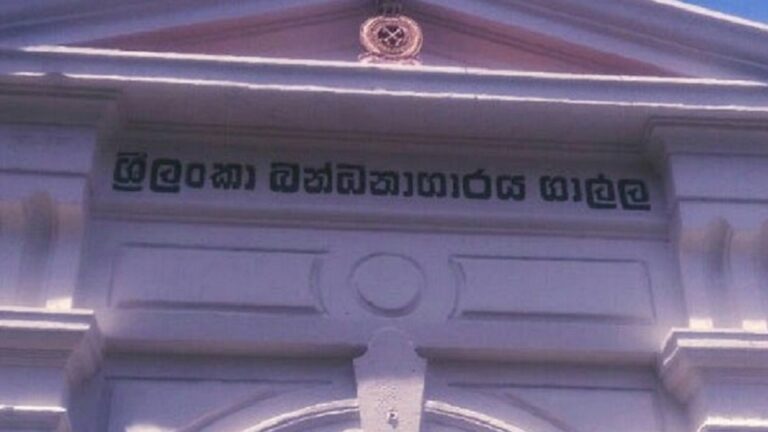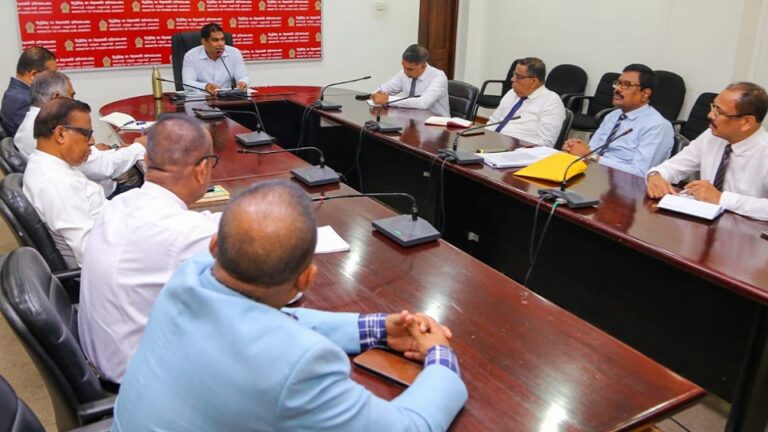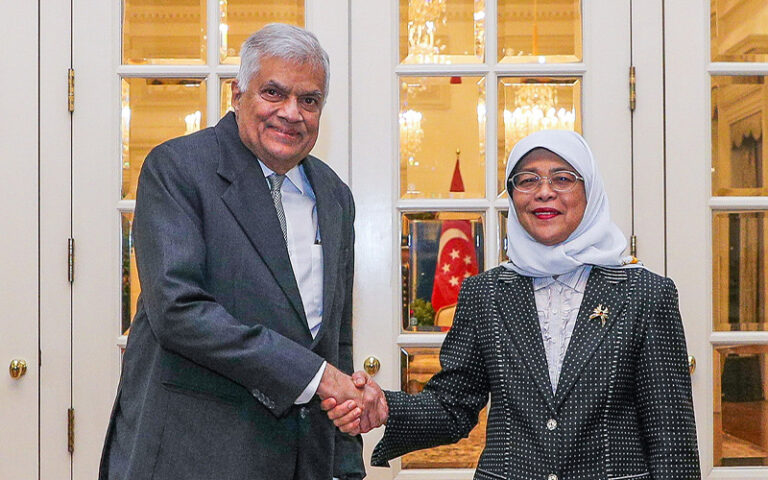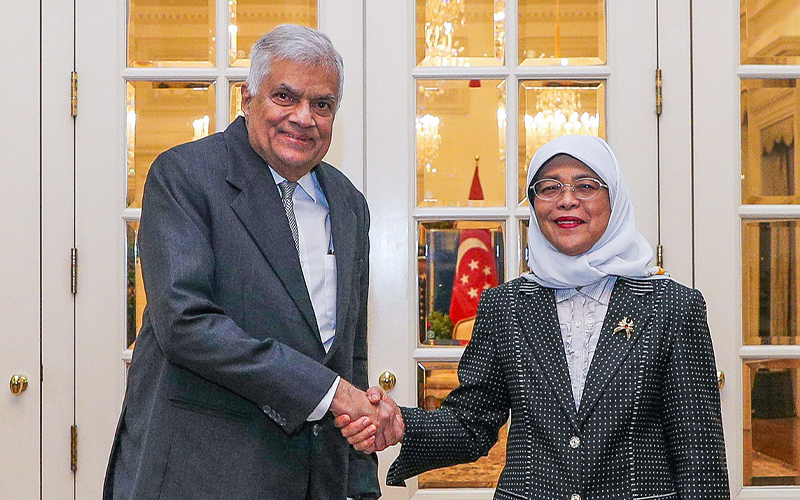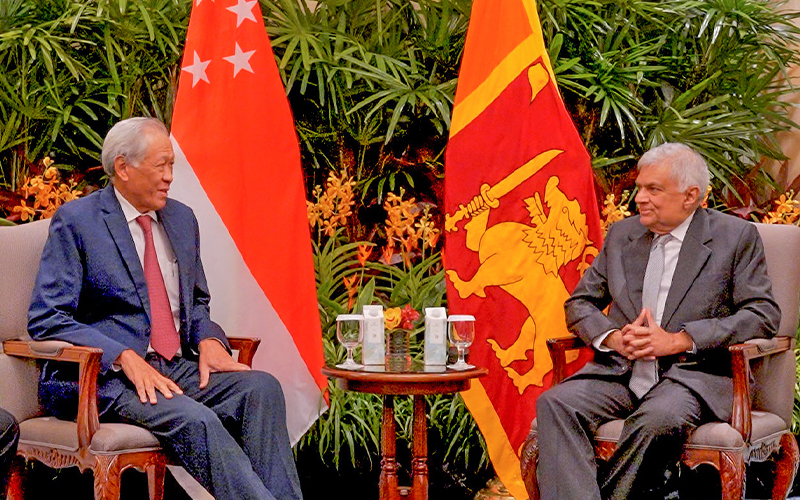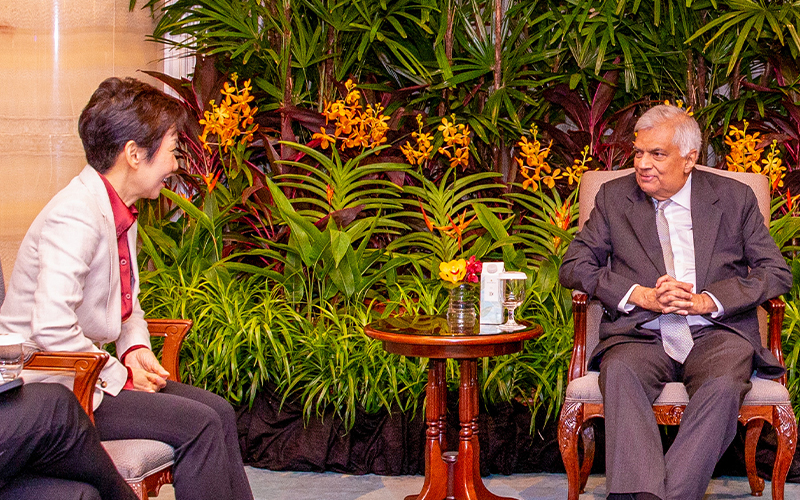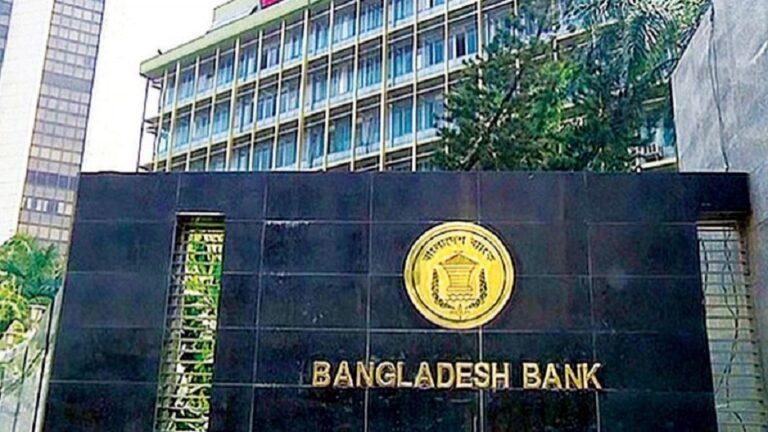By: Staff Writer
Colombo (LNW): The stage is set for a long-drawn India-China fuel duel in Sri Lanka as Chinese major Sinopec begins retailing automotive fuels in the island nation from next month, challenging the position of Lanka IOC — the wholly-owned arm of Indian state-run giant Indian Oil Corporation.
Lanka IOC has responded by mobilising expansion of its retail network and has floated expressions of interests for adding 30 new petrol pumps to its existing network of 250 outlets over the coming months.
Significantly, Sri Lanka IOC is operated through the Indian company India Oil. Significantly, Sri Lanka IOC has invited bids for 30 new petrol pumps to expand its retail network.
At present there are 250 petrol pumps in Sri Lanka. Sri Lanka IOC arrived in Lanka in 2003. The company deals in 16% petrol and about 35% diesel in Sri Lanka alone.
Lanka IOC entered Sri Lanka in 2003 and cornered 16% of petrol and diesel sales as well as 35% of lubricants, bitumen and bunkering (marine fuel) last year in a duopoly with CYPETCO. Sinopec is the first of the three companies, chosen by Colombo.
Lanka IOC PLC, the smaller and private sector player in Sri Lanka’s fuel supply duopoly, said it has received the approval from the Sri Lankan government to open 50 new fuel stations in the country.
Lanka IOC Managing Director Manoj Gupta had said the company would invest about Rs.2 billion to expand its fuel station network, which already has 216 fuel stations, by 50 new stations.
“State-owned Ceylon Petroleum Corporation (CPC) operates about 1,190 fuel stations throughout the country.
The Cabinet of Ministers in June approved a proposal to allow more companies from oil-producing nations to import oil and start retail operations in Sri Lanka.
At present, 90 percent of Sri Lanka’s fuel supply is through CPC and the remaining 10 percent is by Lanka IOC.
Troubled by India’s strictness on the Line of Actual Control (LAC), China is now trying to create a new mess in Sri Lanka.
Actually, fuel is sold in Sri Lanka through a subsidiary of the Indian oil company Indian Oil. But now China is also trying to sell oil in Sri Lanka.
China’s Sinopec Company is one of the three companies that Sri Lanka has selected to set up petrol pumps. Australia’s United Petroleum and US’s RM Parks are two other companies.
Under Sri Lanka’s liberalization policy, Sinopec will get the right to operate 150 of the 1,200 retail outlets operated by the National Oil Company of Sri Lanka for 20 years.
RM Parks will get 150 more retail outlets. It will take 3-4 months for all these companies to start their operations in Sri Lanka. However, information about the plan of United Petroleum is not yet available.


